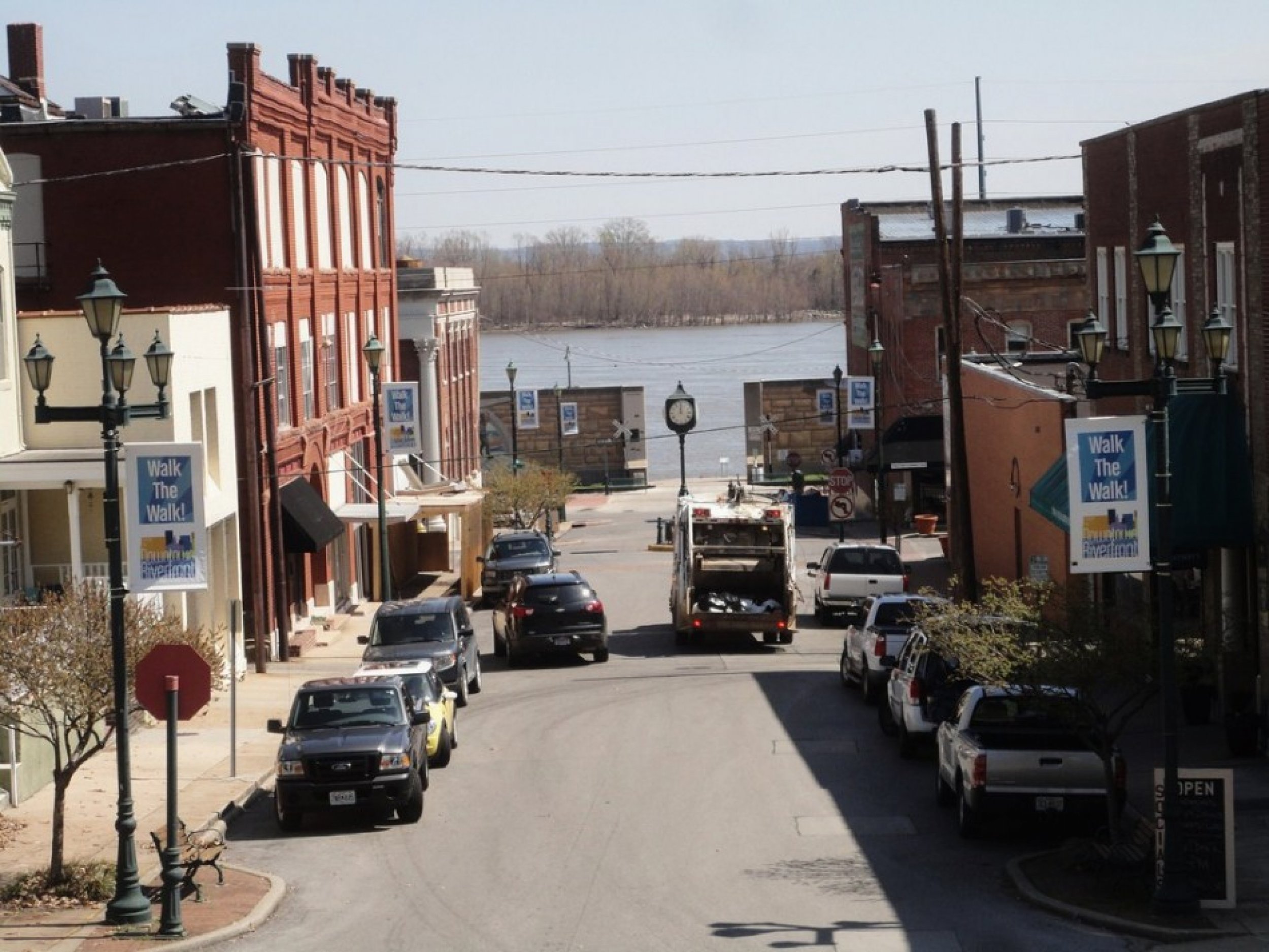8 Out Of 10 Americans Now Urbanites: What’s Changed In The Last Decade?
More Americans are living in cities now than ever before, at least according to figures released by the U.S. Census Bureau on Monday.
The nation's urban population increased by 12.1 percent from 2000 to 2010, far outpacing the nation's overall growth rate of 9.7 percent for the same period. That means urban areas now account for 80.7 percent of the U.S. population.
Conversely, 19.3 percent live in rural areas.
The Census Bureau defines urban areas as densely developed residential, commercial, and other nonresidential areas. The government agency identifies two different types of urban areas: urbanized areas of 50,000 or more people and urban clusters of at least 2,500 and less than 50,000 people. Using these classifications, they claim the nation has 486 urbanized areas and 3,087 urban clusters.
The Census Bureau's update on urban density shakes up a lot of pre-conceived stereotypes people have of American cities. For instance, the nation's most densely populated urbanized area is not New York or Chicago but rather the sprawling Los Angeles-Long Beach-Anaheim, Calif. zone with 6,266 people per square mile.
In fact, California -- which dominates popular imagination as a land of thick forests, craggy coasts, and blazing deserts -- is now the most urban state in the nation. Moreover, nine out of the 10 most densely populated urbanized areas are in the West (seven of which are in California).
Researchers say one of the reasons for such density is that much of the land in western states is off-limits to developers, used by the federal government for national parks, defense, or other endeavors.
In terms of populous urbanized areas, the East Coast's New York-Newark area wins handily with 18,351,295 residents. Ever since Los Angeles became the second most populous urbanized area in 1960, the order of the top three (New York, Los Angeles, Chicago) has not changed.
Press Start for a look at other notable census finds.





© Copyright IBTimes 2024. All rights reserved.





















